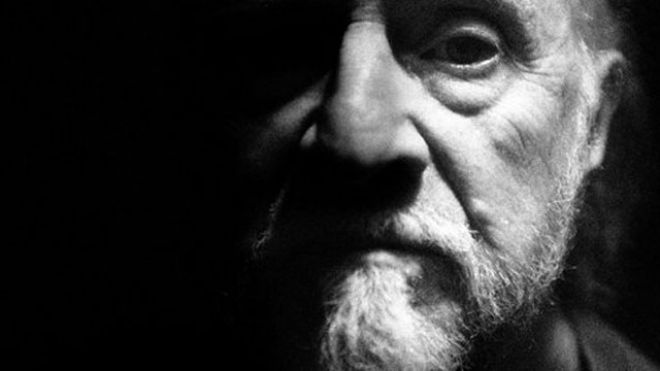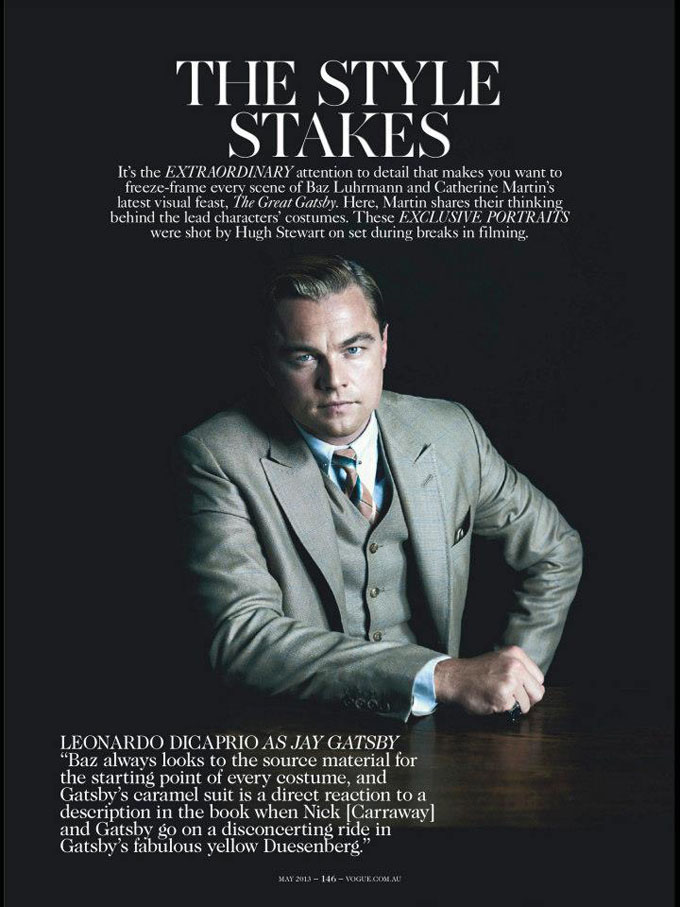
A week after James Gandolfini died, we lost another Jersey boy: novelist, short story writer, film and TV screenwriter Richard Matheson. His was not as well-known a name to the general public as Gandolfini’s, certainly, and perhaps only familiar to sci fi and fantasy fans, the genres within which he scored some of his most memorable successes. When he died, Steven Spielberg, whose early career received a huge boost when he directed the made-for-TV movie Duel (1972) which Matheson adapted from his own short story, said, “For me, he is in the same category as Bradbury and Asimov.”
Personally, I don’t think he stood in that same tier with Bradbury, Asimov, Clarke, Robert A. Heinlein – the real sci fi giants. Nor did he stand in any rung below them. Rather, he stood off to the side.
Clarke grappled with our place in the cosmos, Bradbury used sci fi and fantasy to comment on contemporary issues, Asimov had a sense of the epic, Heinlein set the standard for a generation of space operas. Matheson – whose portfolio was more diversified than any of them – was not as high-minded nor as ambitious. He was that oft overlooked, underappreciated species of creative talent: a guy who knew a good story and knew how to tell it well. But damn, could he tell a story.
He was a born writer, publishing his first short story at the age of eight. By the 1950s, his stuff was showing up regularly in magazines and anthologies and was soon found ripe for adaptation to film. His early novel The Shrinking Man was turned into that classic of 1950s sci fi, The Incredible Shrinking Man (1957), with Matheson himself doing the adaptation, spinning what could easily have been a bit FX corn into a surprisingly affecting, meditative piece on the value of the individual.
The obits all talk about his sci fi pieces: Shrinking Man, his novel I Am Legend which was adapted into no less than three movies (cheapie The Last Man on Earth [1964]; schlocky The Omega Man [1971]; zombified I Am Legend [2007]), and others, but his portfolio is dizzyingly varied: amid the vampire stories and sci fiers were westerns (besides his own short stories, Matheson wrote for many of the major cowboy shows of the 1950s/60s including Cheyenne, Have Gun – Will Travel, and Lawman), gothics (Matheson did five Edgar Allan Poe adaptations for Roger Corman in the 1960s, Corman claiming Matheson wrote them so well “I always shot his first draft”), and contemporary suspense thrillers like “Button, Button” (adapted into the 2009 feature The Box) and, of course, Duel.
But even within those genres the commemoratives most often touch, Matheson brought his own, distinctive humanist flavor. He was less interested in genre trappings than in finding that relatable, identifiable, universally human element within it. He wrote one of the best and most adult Star Trek episodes with The Enemy Within where a transporter failure splits Captain Kirk into a Jekyll & Hyde twosome. But unlike most J&H tales – including Stevenson’s original – Matheson didn’t portray Bad Kirk as a monster, but a very necessary other half: the yang to Good Kirk’s shockingly weak yin. His The Twilight Zone “Steel” (also self-adapted from one of his short stories) used a futuristic robot story to illustrate – as host Rod Serling says in the Matheson-written closing narration, “…that no matter what the future brings, man’s capacity to rise to the occasion will remain unaltered.”
And there’s his gloss on vampire tales with the cheeky The Night Stalker (1972), which Matheson adapted from an unpublished novel by Jeff Price. Set in contemporary Las Vegas, leavened with The Front Page-styled newspaperman humor and sparked with the kind of visceral action usually lacking from big screen fang films up to that time, for years Stalker was the highest-rated TV movie of all time, and spawned the equally fun sequel The Night Strangler (1973) which Matheson also wrote (the success of the two TV films led to the short-lived The Night Stalker series which producer Chris Carter says was one of his inspirations for The X-Files).
Matheson wasn’t a sci fi writer, a fantasy writer, a horror writer. He was a writer, plain and simple. A drive with a friend tickled something in his imagination and it became Duel. He wondered – as so many in the 1950s wondered – about the dehumanizing corporatization of America and that somehow came out as The Shrinking Man. That’s how writers’ minds work; sensing a good story and telling it well, and few knew a good story and told it as well as my fellow Jersey boy, Richard Matheson.
– Bill Mesce




